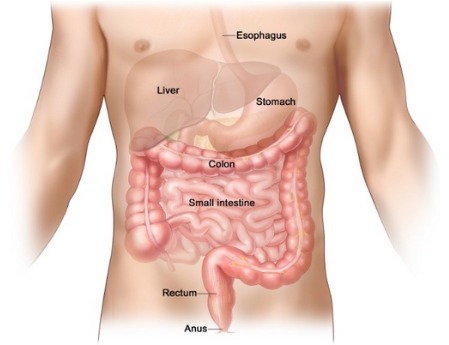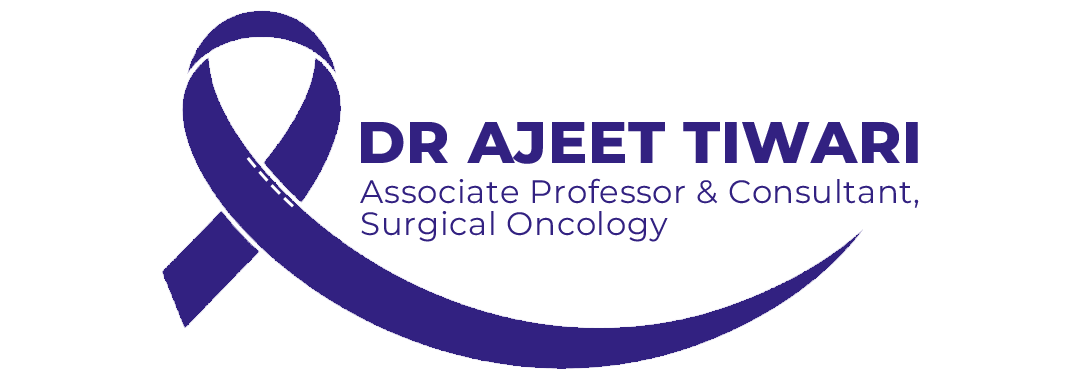Colorectal cancer
Colorectal Cancer
Colorectal cancer, a prevalent malignancy affecting the colon or rectum, is a significant public health concern globally. It often begins as a polyp, a benign growth, which can develop into cancer over time. Early detection through screening tests like colonoscopies can greatly improve outcomes, as symptoms may not manifest until the disease is advanced. Lifestyle factors such as diet, exercise, and smoking cessation play crucial roles in prevention.
Treatment options vary depending on the stage of cancer but may include surgery, chemotherapy, radiation therapy, and targeted therapies. Increased awareness, coupled with regular screenings and healthy lifestyle choices, is paramount in combating this disease.
Risk Factors
- Age: The risk increases with age, especially after 50.
- Family history: Individuals with close relatives who have had colorectal cancer are at a higher risk.
- Personal history of inflammatory bowel disease (IBD), such as Crohn’s disease or ulcerative colitis.
Symptoms
- Changes in bowel habits (diarrhea, constipation, or changes in stool consistency)
- Rectal bleeding or blood in the stool
- Persistent abdominal discomfort (cramps, gas, pain)
Diagnosis
- Screening tests: Colonoscopy, sigmoidoscopy, fecal occult blood tests (FOBT), and stool DNA tests are commonly used.
- Diagnostic tests: Biopsy, imaging tests like CT scans or MRIs may be performed to determine the extent and stage of the cancer.
Treatment
- Surgery: Removal of the tumor and surrounding tissue is the primary treatment for localized colorectal cancer.
- Chemotherapy: Drugs are used to kill cancer cells or stop them from growing.

For the best rectal cancer in Dehradun, consider consulting Dr. Ajeet Tiwari is a renowned surgical oncologist with expertise in diagnosing and treating various types of cancer, including rectal cancer. With his compassionate care and advanced treatment techniques.
